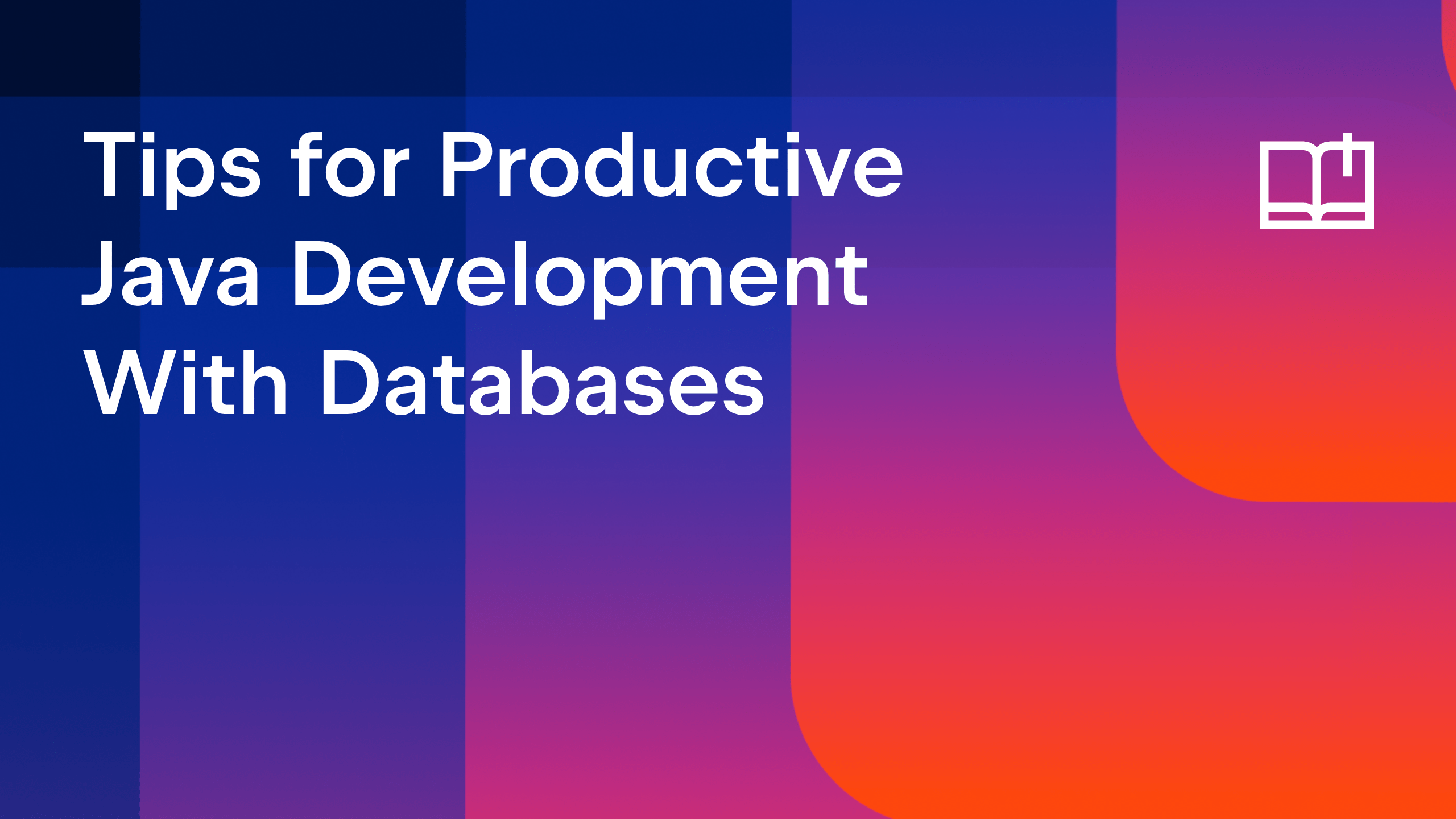IntelliJ IDEA
IntelliJ IDEA – the Leading IDE for Professional Development in Java and Kotlin
Detecting probable NPE’s
It is a well-known fact that IntelliJ IDEA provides developers with a huge number of automated code inspections and quick fixes for discovering and correcting a lot of real and potential problems.
One of them is called “Constant conditions & exception” and is capable of detecting expressions that are always true or false (potential dead code) as well as points out where a RuntimeException may be thrown.
IntelliJ IDEA designed two annotations that make this inspection even more powerful. These annotations allow you to specify method contracts formally, and then validate whether these contracts are actually followed.
The @Nullable annotation reminds you on necessity to introduce a null value check when:
- calling methods that can return null
- dereferencing variables (fields, local variables, parameters) that can be null
The @NotNull annotation is, actually, an explicit contrast declaring the following:
- a method should not return null
- a variable (like fields, local variables, and parameters) cannot hold the null value
For instance, let’s create a method where the parameter has the @NotNull annotation. Then call this method with a parameter that potentially can be null.
public class TestNullable {
public void foo(@NotNull Object param) {
int i = param.hashCode();
//some code here
}
…
public void callingNotNullMethod(ArrayList list) {
//some code here
if (list == null) otherMethod(list);
foo(list);
}
…
}
IntelliJ IDEA highlights the problems “on-the-fly”, so you can see the inspection results right in the editor.

Get interested? Learn more about @Nullable and @NotNull annotations in IntelliJ IDEA in Nullable How-To .
Note This tip was originally posted at www.javalobby.org.
Subscribe to IntelliJ IDEA Blog updates








